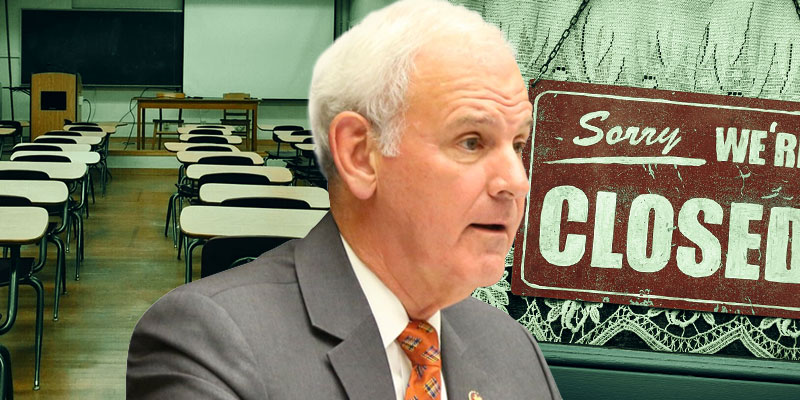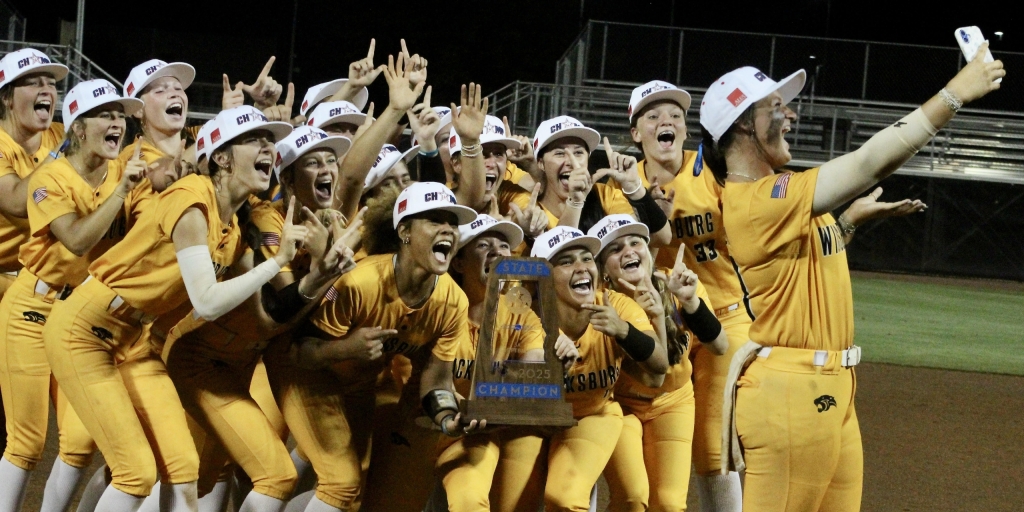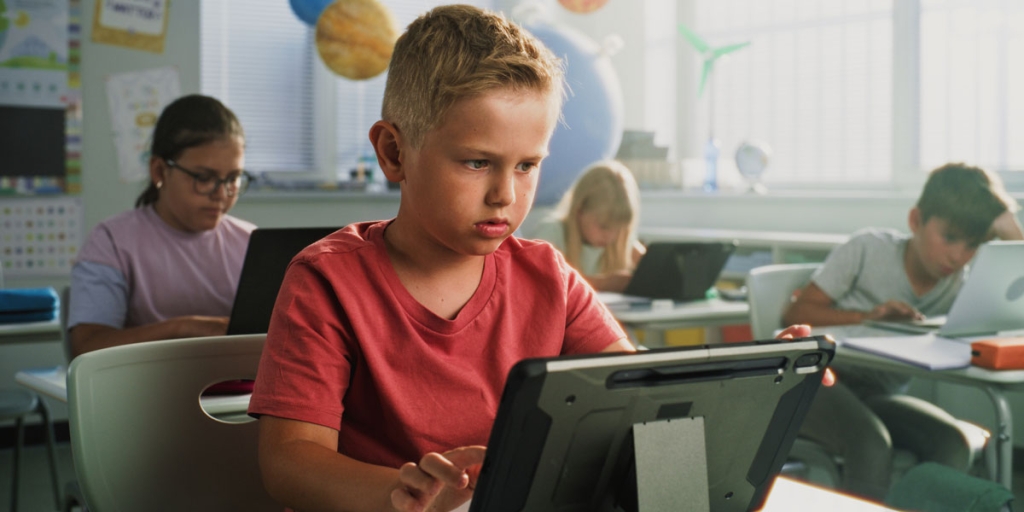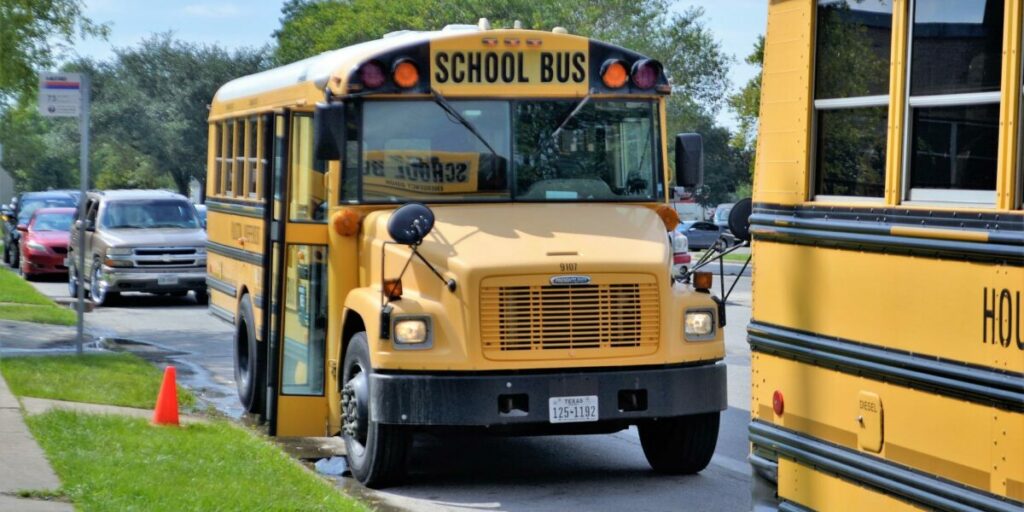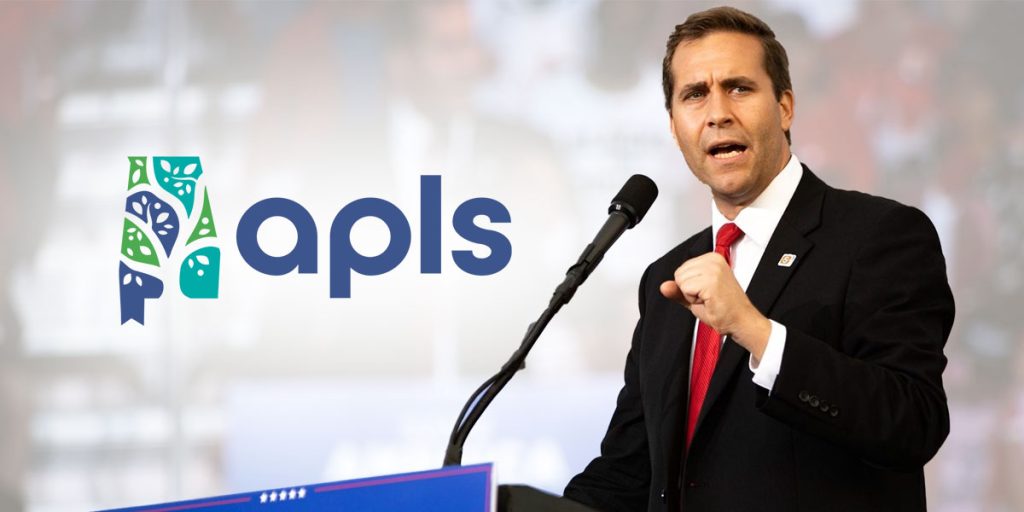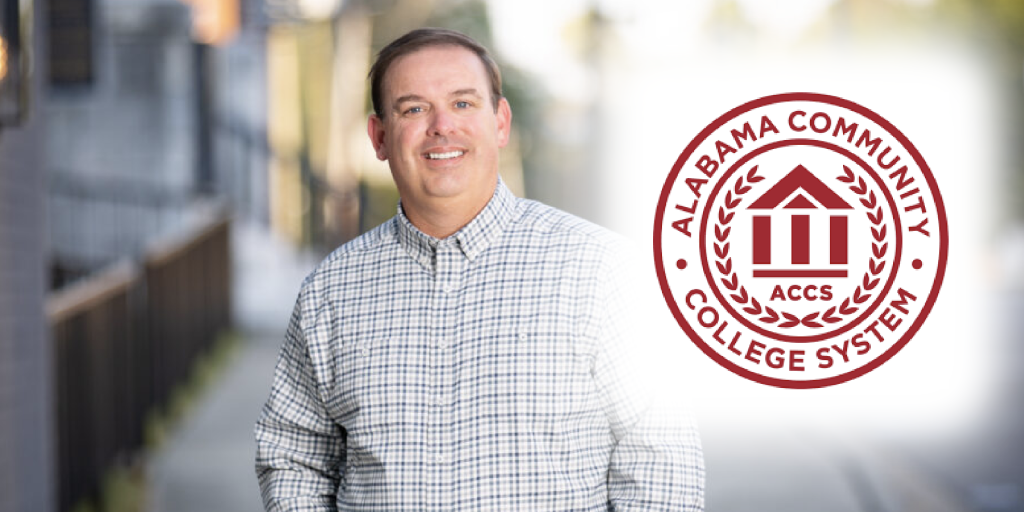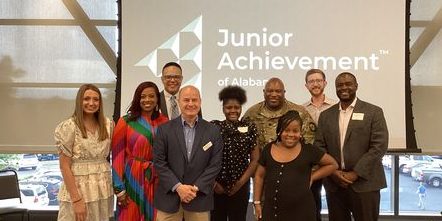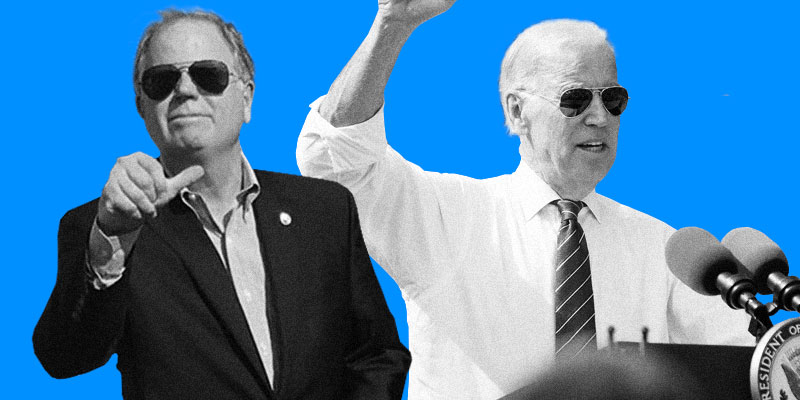The United States is such a big and diverse country with transparent sources of information and data that we are the world’s lab for various policy practices. Take the response to COVID-19. Some states closed down early and hard and stayed that way for a long time. Others were more judicious about their closure, closing later and with less severity, and came out more quickly. Those same hard lockdown states have been reticent to reopen schools for in-person learning, whereas the more open states have reopened more schools for in-person learning.
Who was right?
Let’s start with the lockdowns. In general, the states with the earliest and hardest lockdowns have had the worst economic outcomes. Think New York and nearby New Jersey, two of the most locked-down states in the nation. New York’s August unemployment rate, for example, was 12.5%, and New Jersey’s was 11%, whereas the national rate was 8.4%. Here in Alabama, where the lockdown was moderate and we have largely reopened, the August unemployment rate was 5.6%. New York state government is facing huge deficits while Alabama just finished its fiscal year in the black.
The defenders of New York and New Jersey’s practices argue that those two states were better at protecting their people from the worst of the disease. OK, fair enough. New York’s extreme efforts to protect their people resulted in a case fatality rate of 6.5%, and New Jersey had an even worse fatality rate of 7.5%. Alabama’s rate? 1.6%. When your economy is substantially underperforming the U.S. economy and your people are dying at a much faster rate from COVID-19 despite your lockdown, perhaps it’s time to rethink things.
Last week, led by three leading public health experts, over 13,000 epidemiologists, public health scientists and health care practitioners from all over the world signed a petition calling for the lockdowns to end and for the world to return to a new normal, citing the physical and mental health issues caused by the lockdown policies. The World Health Organization echoed this call a few days later.
And schools? I’ve advocated for a return to in-person learning going back to this past July based upon data, reports and testimony those of us on the House Education and Labor Committee had received. In-person learning returned for many students around the country, and here in Alabama, in August. Many of the “experts” warned of spikes in the disease among those returning to school and made dire threats of these spikes spreading to older adults. Well, it’s two months later and experts such as Emily Oster of Brown University agree there has been no spike in the disease among these students. You can find a short article she wrote on her findings in the Atlantic Monthly dated October 9. Yet, as I noted in July, those students not returning to school in person face lifelong losses in learning, a point no one has argued with.
So, the verdict is in. Economic and societal shutdowns which have wrecked parts of our country and the world should be reduced to only those circumstances which clearly place people at great risk. This would include continued limitations on mass indoor gatherings, but a lessening of restrictions on outdoor events where people can spread out and on large indoor meetings where people can spread out. Restaurants, which have been opened for over five months now in Alabama, should open everywhere, including for indoor dining, and retail should be reopened everywhere as well. Travel restrictions should be lifted except for countries with exceptionally high rates of the disease in recent weeks, and for those with little transparency. I have been traveling these last few months without any problem and our travel and tourist industries need to come back.
And schools should reopen everywhere for students to return for in-person learning. I am proud to report that as of the beginning of this month, that is true for all schools in southwest Alabama. Again, that has been the case in many schools across Alabama for two months without a serious spike in the disease. In-person education is clearly far superior to virtual learning and those who have the most to lose are poor students as well as children of color. Without in-person education, they will slide even further behind, and their educational deficit is the main driver of inequality in America.
I’m aware that some parts of the U.S. are led by people who simply won’t open up. I believe in federalism and that is their prerogative. But, the rest of us shouldn’t bail them out as the Democrats have demanded in Washington. If they want to stay closed and are suffering as a result, they shouldn’t expect the rest of the country to enable their poor choices.
Shutting down doesn’t work. So, it’s time, it’s past time, to open up, carefully and safely. And now we know that opening up actually does work.
U.S. Rep. Bradley Byrne is a Republican from Fairhope.




